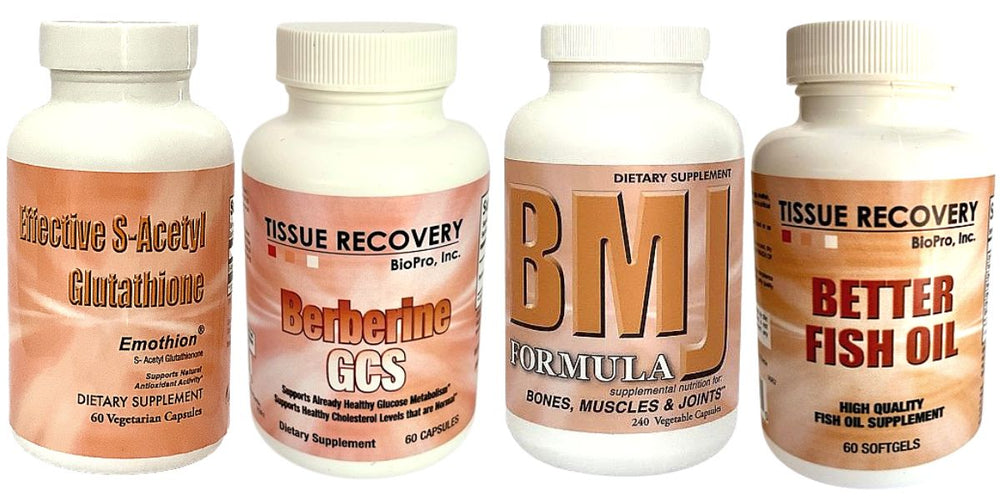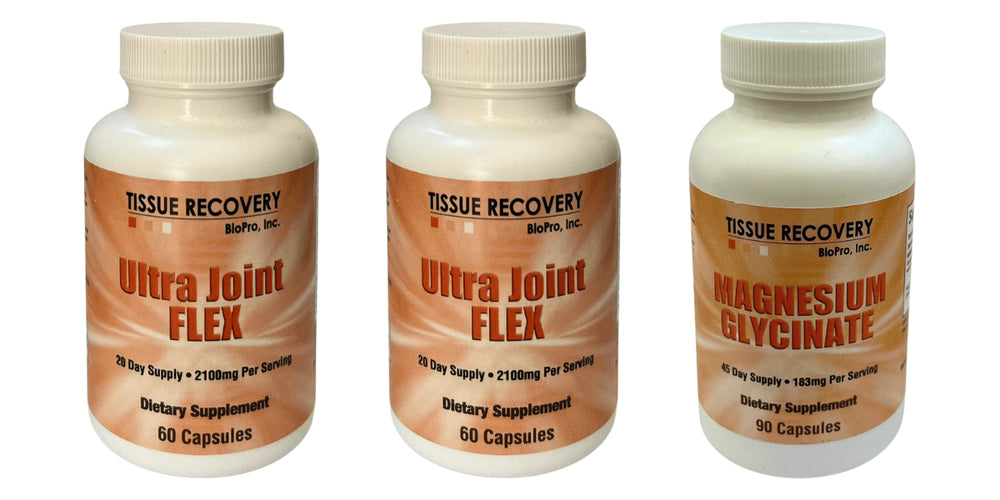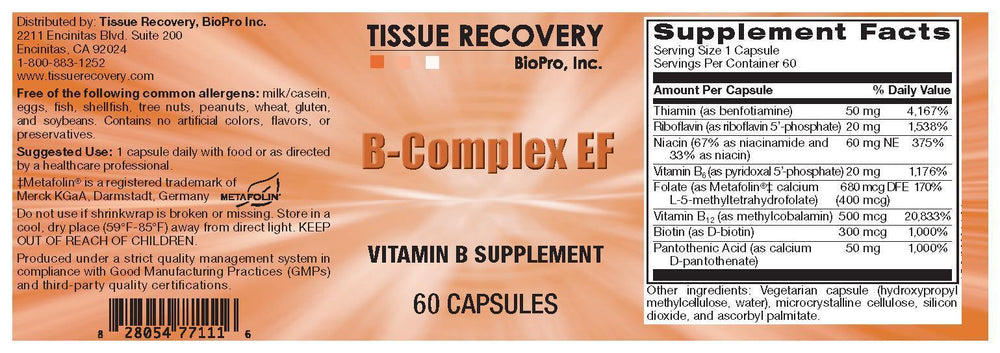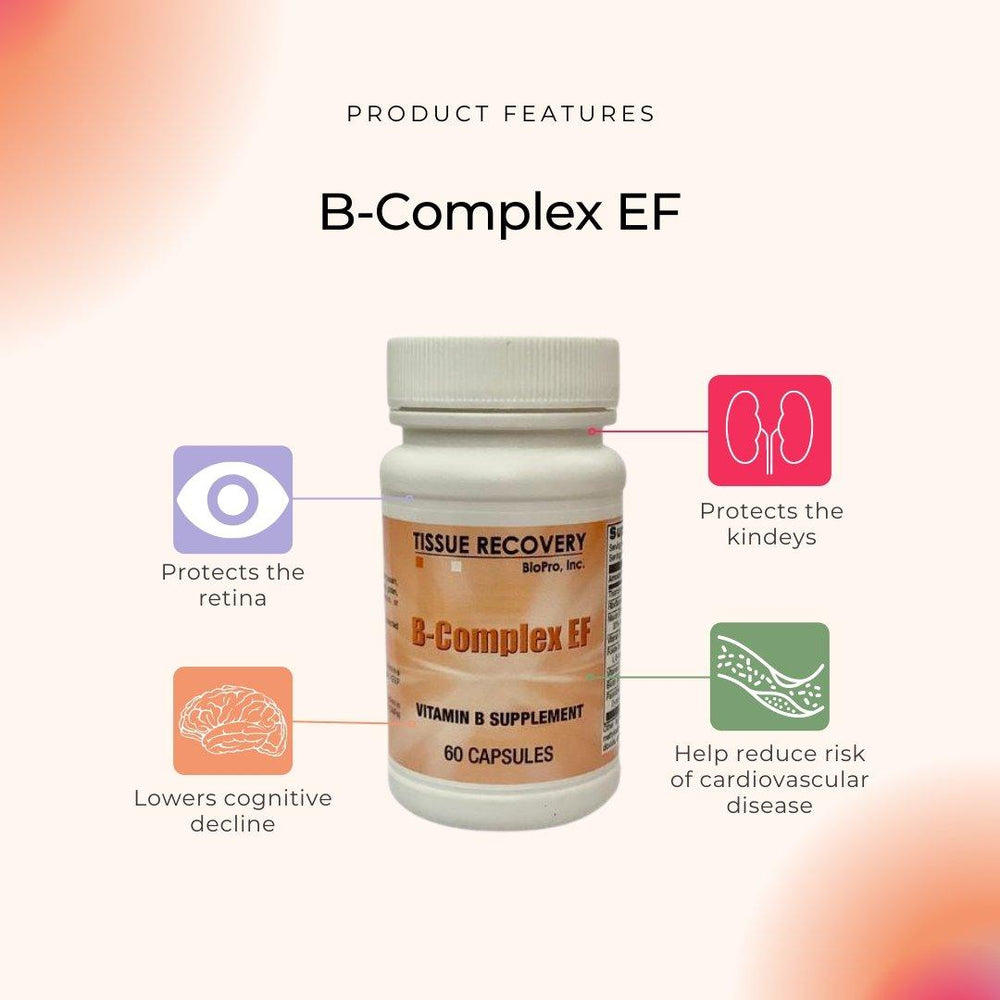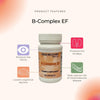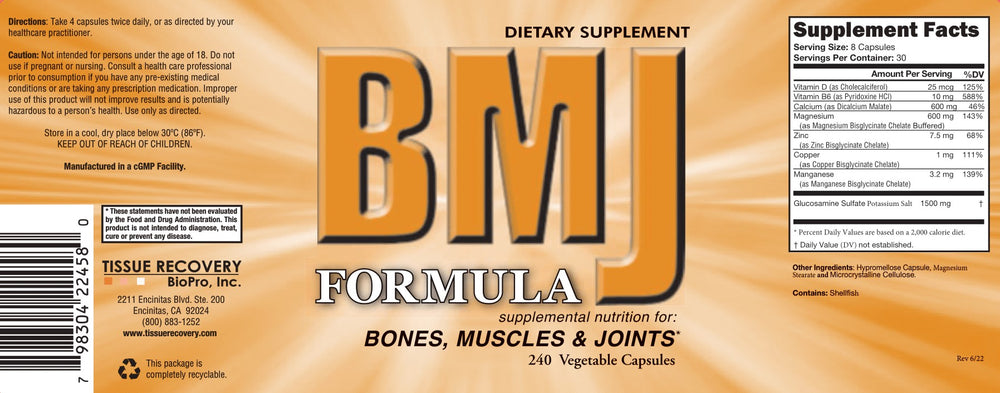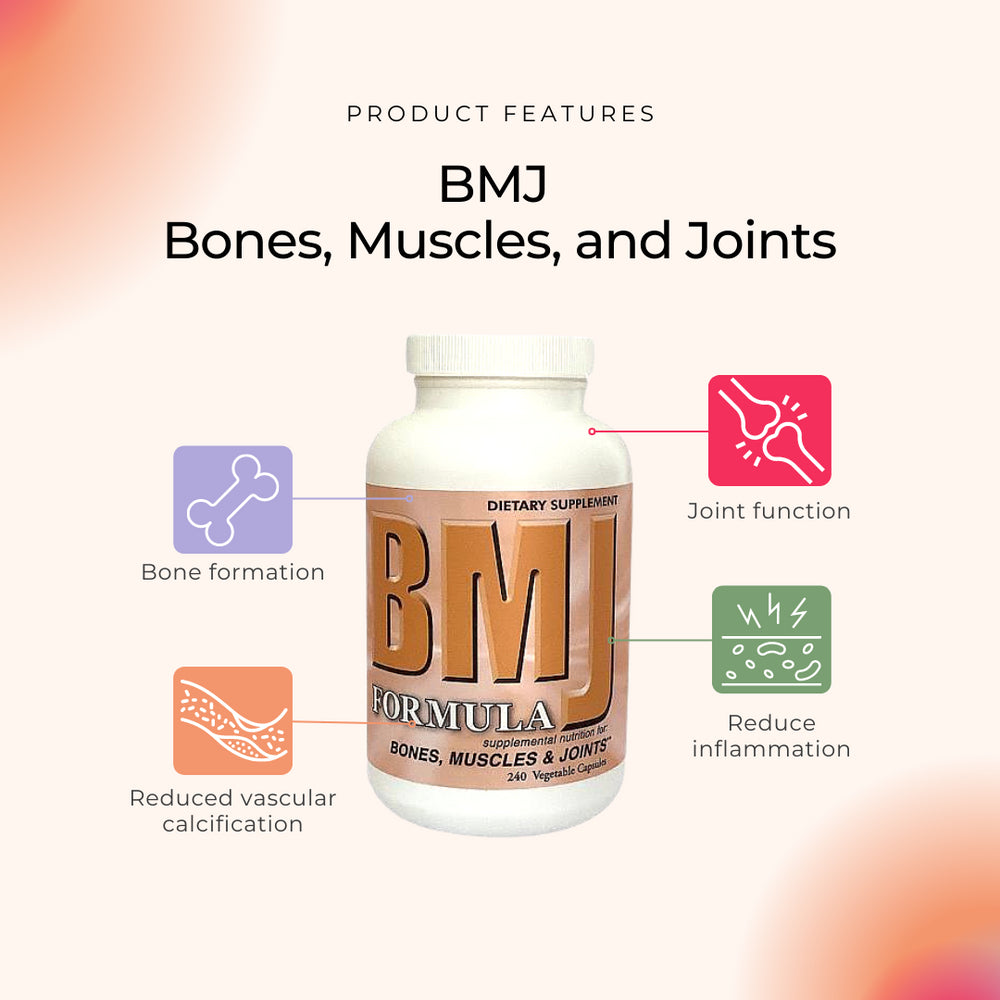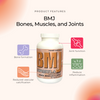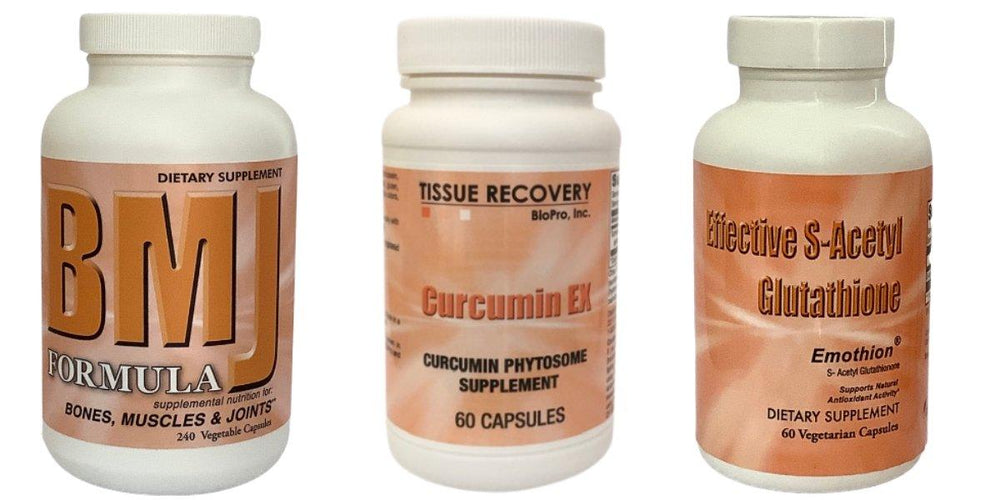Polyphenols (catechins) are the active ingredients in green tea providing a variety of benefits.
Green tea extract has been documented to lower blood pressure, reduce total cholesterol and LDL (the bad cholesterol), reduce serum amyloid-alpha (a marker of chronic inflammation) and reduce malondialdehyde (a marker of oxidative stress) (Nantz MP, et al. 2009). These are all cardiovascular risk factors and they were reduced in only 3 weeks.
Green tea may provide neutroprotection and has been associated with a lower prevalence of cognitive impairment (Kuriyama S, et al. 2006).
A study including 41,761 participants found that green tea consumptions were associated with a reduced risk of liver cancer (Ui A, et al. 2009).
Green tea polyphenols have been documented to reduce serum biomarkers in patients with prostate cancer (McLarty J, et al. 2009).
Regular drinking of green tea has been associated with a slight decreased risk of breast cancer (Shrubsole MJ, et al. 2008).
Green tea consumption was inversely associated with psychological distress in an assessment of 42,093 individuals (Hozawa A, et al. 2009). A consumption of 4 cups or more of green tea has been associated with a lower prevalence of depressive symptoms (Niu K, et al. 2009).
Serving Size: 1 Capsule
Servings Per Container: 60
|
Serving Size 1 Capsule |
||
|
Amount Per Capsule |
% Daily Value |
|
|
Green Tea Extract (Camellia sinensis)(leaf)(standardized to 95% polyphenols, |
500 mg |
* |
|
* Daily value not established |
||
Other Ingredients:
Vegetarian capsule (hydroxypropyl methylcellulose, water), microcrystalline cellulose, ascorbyl palmitate, and silicon dioxide.
References:
Hozawa A, Kuriyama S, Nakaya N, Ohmori-Matsuda K, Kakizaki M, Sone T, Nagai M, Sugawara Y, Nitta A, Tomata Y, Niu K, Tsuji I. Green tea consumption is associated with lower psychological distress in a general population: the Ohsaki Cohort 2006 Study. Am J Clin Nutr. 2009 Nov;90(5):1390-6. Epub 2009 Sep 30.
Kuriyama S, Hozawa A, Ohmori K, Shimazu T, Matsui T, Ebihara S, Awata S, Nagatomi R, Arai H, Tsuji I. Green tea consumption and cognitive function: a cross-sectional study from the Tsurugaya Project. American Journal of Clinical Nutrition, Vol. 83, No. 2, 355-361, February 2006.
McLarty J, Bigelow RL, Smith M, Elmajian D, Ankem M, Cardelli JA. Tea Polyphenols Decrease Serum Levels of Prostate-Specific Antigen, Hepatocyte Growth Factor, and Vascular Endothelial Growth Factor in Prostate Cancer Patients and Inhibit Production of Hepatocyte Growth Factor and Vascular Endothelial Growth Factor In vitro. Cancer Prev Res (Phila Pa). 2009 Jun 19.
Nantz MP, Rowe CA, Bukowski JF, Percival SS. Standardized capsule of Camellia sinensis lowers cardiovascular risk factors in a randomized, double-blind, placebo-controlled study. Nutrition. 2009 Feb; 25(2):147-54. Epub 2008 Oct 9.
Niu K, Hozawa A, Kuriyama S, Ebihara S, Guo H, Nakaya N, Ohmori-Matsuda K, Takahashi H, Masamune Y, Asada M, Sasaki S, Arai H, Awata S, Nagatomi R, Tsuji I. Green tea consumption is associated with depressive symptoms in the elderly. Am J Clin Nutr. 2009 Dec;90(6):1615-22. Epub 2009 Oct 14.
Ui A, Kuriyama S, Kakizaki M, Sone T, Nakaya N, Ohmori-Matsuda K, Hozawa A, Nishino Y, Tsuji I. Green tea consumption and the risk of liver cancer in Japan: the Ohsaki Cohort study. Cancer Causes Control. 2009 Sep 19.







